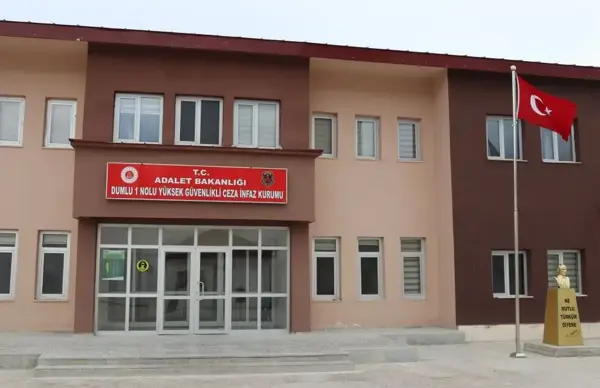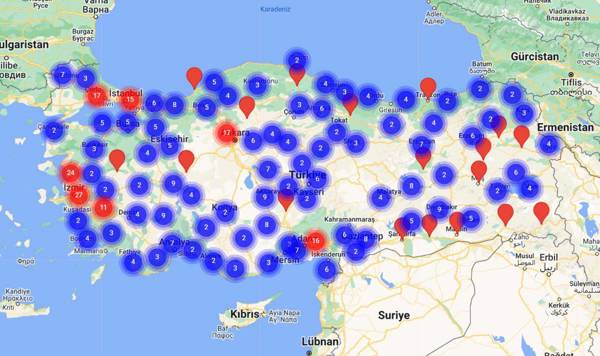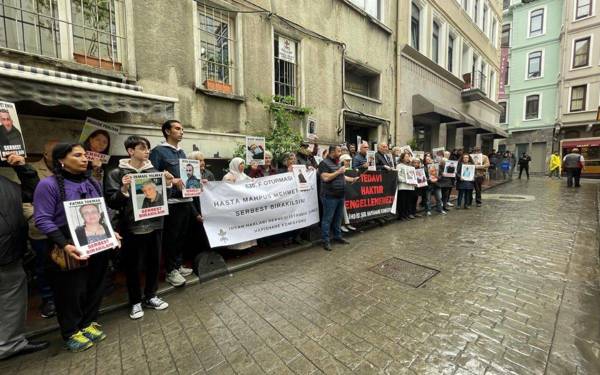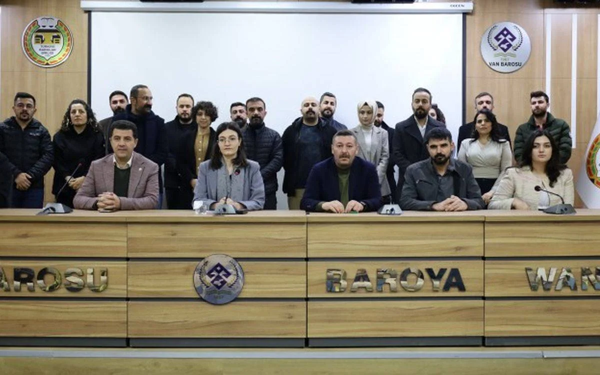The Civil Society in the Penal Execution System (CİSST) has released its "CİSST Monitoring Committees Report 2022," compiling 3,249 applications based on allegations of human rights violations submitted by inmates and their relatives to CİSST between January 1, 2022, and December 31, 2022. Out of these applications, 229 responses were examined for the report.
These applications include submissions to the Ministry of Justice (MOJ), Directorate General of Prisons and Detention Houses (DGPDH), Presidential Communication Center (CİMER), Parliamentary Human Rights Examination Committee (PHREC), Human Rights and Equality Institution of Turkey (TİHEK), Provincial/District Human Rights Boards (PDHRBs), and Provincial/District Prison Monitoring Committees (PMC). The report also encompasses applications made by CİSST to the Public Ombudsman Institution, Ministry of Health, Turkish Medical Association, bar associations, and consulates.
"Transparency"
Addressing the lack of transparency in reporting the number of applications and results by the concerned institutions, the report stated:
"To address this deficiency, the report has been prepared, despite all its limitations, to share the attitudes of institutions with monitoring authority in Turkey's prisons with the public in accordance with the principle of transparency."
In the conclusion section of the report, an assessment related to applications and responses was provided:
"The number of applications made to human rights institutions in 2022 has increased compared to 2021. The prolonged enforcement of pandemic measures related to COVID-19 as a method of isolation in various penal institutions has contributed to this increase.
“Simultaneously, receiving more complaints about isolation from newly opened S, Y, and High-Security prisons has also played a role in this surge.
“Throughout 2022, CİSST made applications to institutions with monitoring authority in prisons for the investigation and examination of human rights violations, as well as to address and evaluate the responses given to these applications.
“Accordingly, it was observed that in Turkey, only Provincial/District Human Rights Boards and Provincial/District Prison and Execution Institution Monitoring Committees can conduct limited monitoring, while other institutions do not conduct studies through individual applications in this regard.
“For civil society organizations, the inability to conduct rights-based monitoring in prisons for many years enhances the importance of the mentioned boards in the prison field.
“The impact of these boards in the context of human rights is crucial for CİSST, one of the organizations most actively using the application mechanisms.
“While the report cannot provide statistical information about the content of application responses, it highlights the gap between the number of applications and responses.
“Examining the responses to applications and their content reveals that the independence of mechanisms is questionable, and the tendency to conduct on-site monitoring is quite low. It is also observed that the same board structure can exhibit different attitudes in different judicial regions and provinces. Furthermore, in response to a human rights violation or an allegation of a violation, individuals are not adequately informed in an objective and detailed manner. All of these are important data pointing towards the need to enhance the effectiveness of application mechanisms." (AS/VK)











